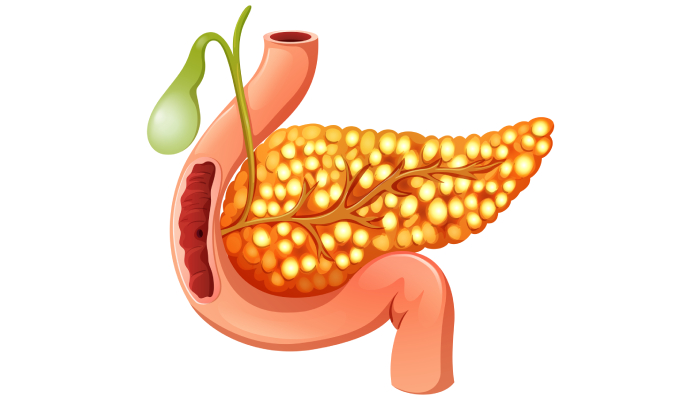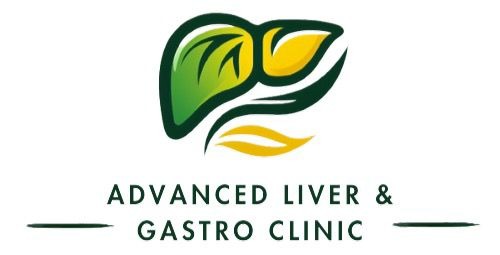What is Pancreatitis?
Pancreatitis is an inflammation (swelling) of the pancreas. When the pancreas is inflamed, the powerful digestive enzymes it makes can damage its tissue. The inflamed pancreas can cause release of inflammatory cells and toxins that may harm your lungs, kidneys and heart.
There are two forms of pancreatitis:
1. Acute pancreatitis is a sudden and short bout of inflammation.
2. Chronic pancreatitis is ongoing inflammation.

Who Gets Pancreatitis?
You’re more likely to develop pancreatitis if you:
- Are male.
- Have other people in your family who’ve had pancreatitis.
- Have gallstones or have family members with gallstones.
- Have obesity, high triglycerides (fat in the blood) or diabetes.
- Are a smoker.
- Are a heavy drinker
What Causes Pancreatitis?
Gallstones or heavy alcohol drinking are usually the cause of pancreatitis. Rarely, you can also get pancreatitis from:
- Medications (many can irritate the pancreas).
- High triglyceride levels (fat in the blood).
- Infections.
- Abdominal injury.
- Metabolic disorders such as diabetes.
- Genetic disorders such as cystic fibrosis.
Risk Factors
- Autoimmune diseases
- Drinking lots of alcohol
- Infections
- Gallstones
- Medications
- Metabolic disorders
- Surgery
- Trauma
- Cystic fibrosis
- Family history of pancreas disorders
What Are The Symptoms of Pancreatitis?
Acute pancreatitis symptoms
- Moderate to severe upper abdominal pain that may spread to your back.
- Pain that comes on suddenly or builds up over a few days.
- Pain that worsens when eating.
- Swollen, tender abdomen.
- Nausea and vomiting.
- Fever.
- Faster than usual heart rate.
Chronic pancreatitis symptoms
- Constant pain in your upper belly that radiates to your back. This pain may be disabling.
- Diarrhea and weight loss because your pancreas isn’t releasing enough enzymes to break down food.
- Upset stomach and vomiting
How is Pancreatitis Treated?
If you have pancreatitis, your primary care provider will probably refer you to a specialist. A doctor who specializes in the digestive system (gastroenterologist) should oversee your care.
Doctors use one or more of these methods to treat acute pancreatitis:
- Hospitalization with supportive care and monitoring.
- Pain medication to provide comfort.
- Endoscopic procedure or surgery to remove a gallstone, other blockage or damaged part of the pancreas.
- Supplemental pancreatic enzymes and insulin, if your pancreas isn’t functioning well.
Can Pancreatitis Be Prevented?
- Maintain a healthy weight.
- Get regular exercise.
- Stop smoking.
- Avoid alcohol.
